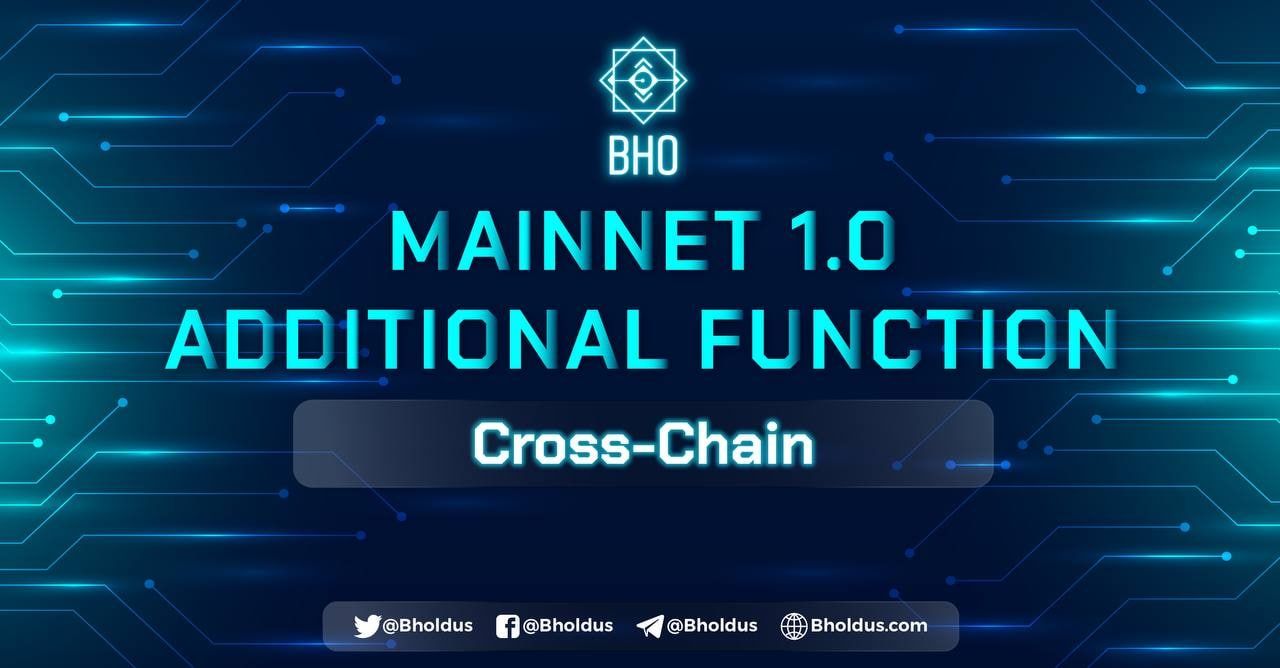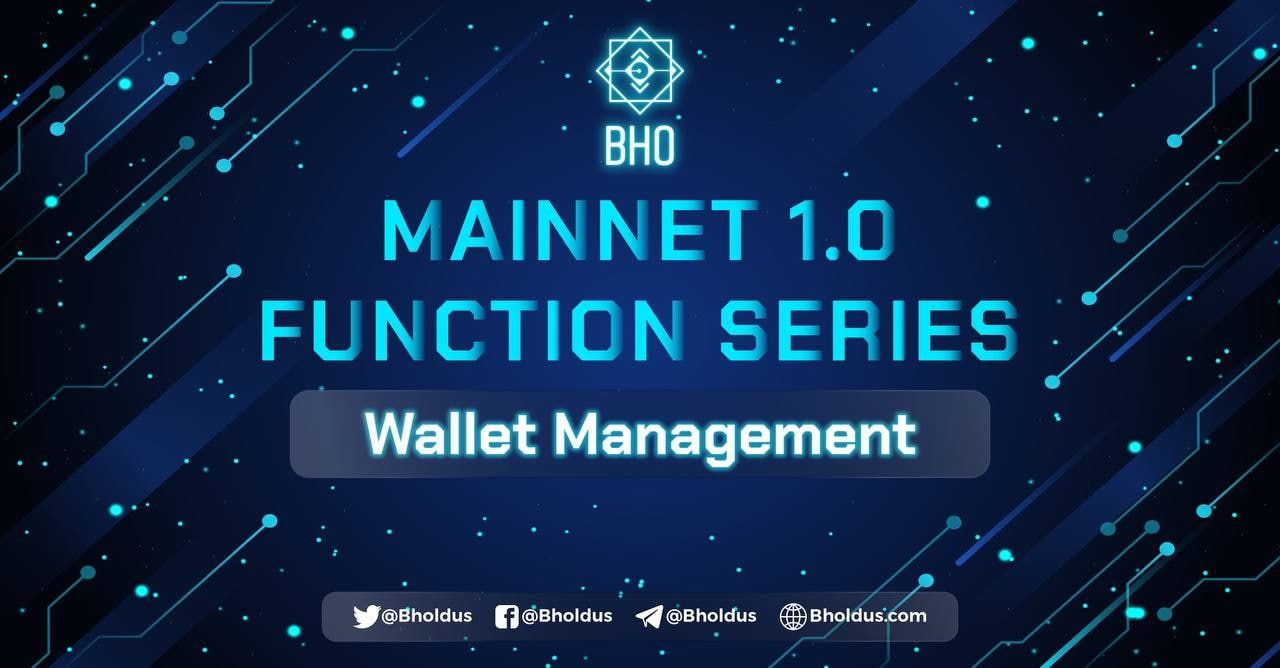- Blog
- Crypto News
- LEARN ABOUT THE TECHNOLOGY BEHIND A BLOCKCHAIN WALLET
LEARN ABOUT THE TECHNOLOGY BEHIND A BLOCKCHAIN WALLET
Blockchain and crypto wallets are disruptive technologies that have made a big change in the way we conduct financial transactions. Crypto wallets play an important role in storing and managing digital assets on the blockchain. Understanding how crypto wallets work and how they interact with the blockchain will help users make transactions safely and efficiently. Let’s learn about the technology behind a Blockchain wallet with 3S Wallet.
Blockchain technology is the underlying foundation behind most cryptocurrencies, including Bitcoin and Ethereum. Each blockchain is a distributed ledger that keeps a serial list of records that grow over time, called blocks, that are linked and secured by cryptography. Each block contains a set of transactions and a reference to the previous block, forming an immutable and transparent record of all transactions on the network.
A cryptocurrency wallet is a software application that interacts with the blockchain for storing and managing digital assets. When a user creates a crypto wallet, the software generates a pair of cryptographic keys: a private key and a public key. The private key is kept secret and known only to the wallet owner. Meanwhile, the public key is shared with others to receive cryptocurrency payments.
In fact, a cryptocurrency wallet does not store digital assets directly, but instead stores the private key used to access and manage assets on the blockchain. Wallet owners can use their private keys to access their digital assets on the blockchain and transfer them to other addresses.
When a user submits a cryptocurrency transaction, the transaction is sent to the network and added to a pool of unconfirmed transactions. Miners or validators on the network will use their computing power to decrypt, validate and confirm the transaction then add it to the blockchain. Every transaction after being confirmed will be added to a block and then included in the blockchain.
Crypto wallets can also receive cryptocurrencies. To receive crypto payments, users can share a public key or a unique address generated by the wallet. When someone sends cryptocurrencies to that address, the transaction is validated and added to the blockchain. The digital assets are then recorded in users' accounts on the blockchain, and wallet owners can use their private keys to access and manage the assets.
Cryptocurrency wallets include hot wallets and cold wallets. Hot wallets, or software wallets, are connected to the internet and are often used for small transactions and easy access to Web3 platforms and applications. Software wallets can be categorized into web wallets (browser extensions), desktop wallets, and mobile wallets. Hot wallets are popular for their versatility and convenience. Currently on the market there are many types of hot wallets that are integrated with many additional security features, along with a friendly interface, suitable for the needs of the majority of users. Some notable names are: Trust Wallet, Metamask, Safepal, 3S Wallet, etc.
In contrast, cold wallets are not connected to the internet and are often used to store large amounts of digital assets. Cold wallets can take the form of hardware wallets or paper wallets.
A hardware wallet is a device designed to store a user's private key and allow them to perform transactions on the blockchain without an internet connection. Hardware wallets are often considered a more secure option than hot wallets, as they cannot be hacked online and users' private keys are protected by passwords and digital signatures. However, cold wallets are less popular because they are not flexible, and are usually only used to secure assets. Ledger and Trezor are the two leading hardware wallets in the market today that investors can trust.
Alternatively, a paper wallet - a less common type of wallet - is a simple account printed on paper and contains a private key and wallet address. Paper wallets are generally considered the most secure method of storage, as they cannot be hacked and there is no need to worry about computer viruses or losing passwords. However, using a paper wallet can be a bit more annoying than using a hardware or hot wallet, as users must always keep their accounts in a safe place, not allowed to lose or allow others to access their wallets.
3S Wallet is a multichain software wallet developed by BHO Network, built on three main pillars of Simplicity, Security and Safety. 3S Wallet is refined to simplify the interface and gestures, giving users the smoothest and easiest experience. With 3S Wallet, users can connect to Dapps as well as derivatives decentralized exchanges to trade and seize opportunities while ensuring full control of their assets.
In addition, 3S Wallet is currently implementing a Rewards program with an attractive participation mechanism to help users earn more income. Anyone using 3S Wallet can join by inviting friends to use 3S Wallet and get passive income with your own system up to $20 for each successful referral.
Detailed instructions for 3S Wallet's Rewards feature here!
📲 Experience 3S Wallet now:
Published on May 12, 2023
Tagged topics







